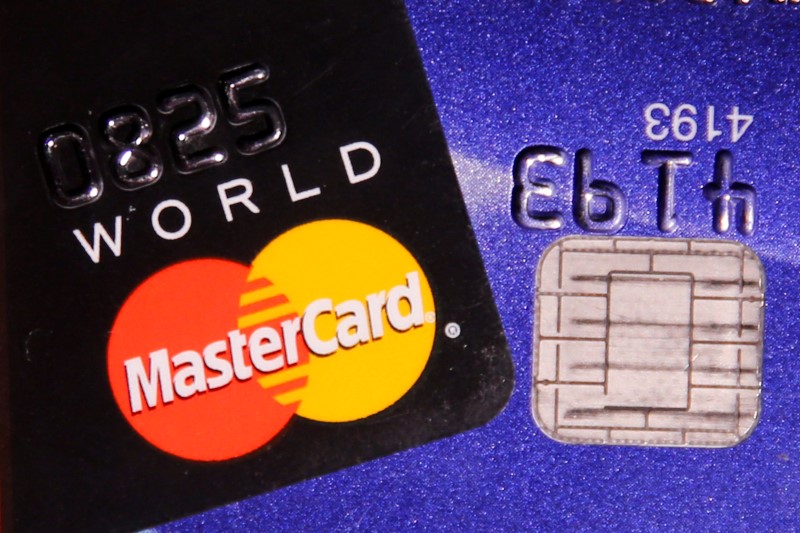By Katanga Johnson
WASHINGTON (Reuters) -The top U.S. consumer watchdog on Wednesday said it had begun a review of "excessive" credit card fees and asked card issuers for data on revenue and expenses in a bid to stamp out abuses and boost competition.
The advanced notice of proposed rulemaking issued by the Consumer Financial Protection Bureau (CFPB) confirms a Reuters April report that the agency would scrutinize credit card fees as part of a broader crackdown on what it calls "junk fees," a catch-all for overdraft, credit card late-payment fees, bounced check fees, and other charges.
The CFPB said it will assess whether credit card late fees are "reasonable and proportional"; the potential deterrent effect they may have on customers; and the role they play in credit card companies’ profitability.
"Credit card late fees are big revenue generators for card issuers," said CFPB Director Rohit Chopra. "Our findings will inform rulemaking and help us to ensure we are making the credit card market work better for all consumers."
Card issuers generally charge a late-payment fee when a customer misses their minimum payment. The current rules say such fees must not exceed a "reasonable and proportional" regulatory cap which is set annually by the CFPB.
Banks and credit unions pulled in more than $15 billion in overdraft and related fees in 2019 and $12 billion in late credit card fees in 2020, according to CFPB estimates.
Wednesday's review would not likely result in a rule before the end of the year, one CFPB official told reporters.
The deadline for comments is July 22.
The agency has said lenders have become too reliant on such fees and that its "junk fee" review aims to boost competition.
Industry groups dispute that and say the CFPB is wrong to suggest the fees show banks are not offering competitive services. Such fees are also clearly disclosed, they argue.
"Banks – more than any other industry – have taken concrete steps to make their products more affordable and accessible for millions of Americans," Consumer Bankers Association CEO Richard Hunt said in a statement.
Chopra said the agency would explore whether existing rules allow consumers to be "dinged" with multiple penalties relating to the same transaction or late payment. It will also review a rule that allows issuers to hike late fees to adjust for inflation.
Technology advancements should be pushing down such processing costs, Chopra suggested, adding: "We're not looking for opinions, but rather empirical evidence."
